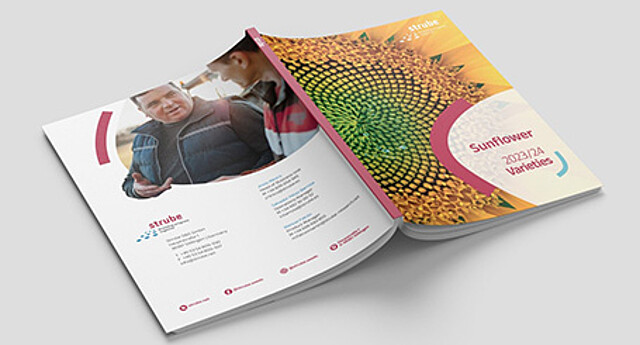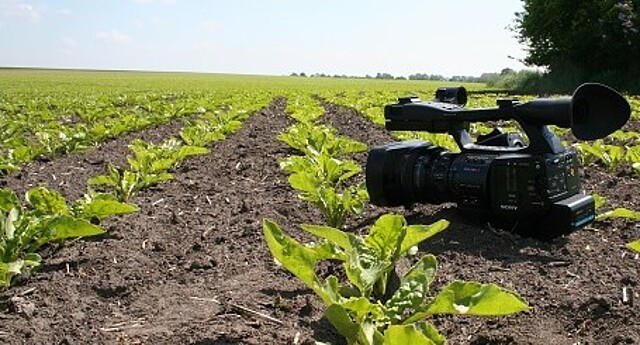Wheat is one of the most important crops for farmers. Unfortunately, the qualities of wheat are significantly influenced by the change in the fertiliser ordinance. The protein content plays an important role in wheat production because it is ultimately the value of the grain that is measured. Lower nitrogen fertilisation could mean a lower protein content in the grain and a lower yield. This also affects the characteristics of the flour, which are important for processing.
At this point, quality varieties become more and more important. We at Strube would like to give farmers the opportunity to continue profitable, sustainable, and high-quality wheat cultivation in the future with our breeding know-how and the right quality varieties.
In the following interview, Thomas Dietze and Eva Maria Schulze Bisping answer a few key questions on the subject of "The increasing importance of quality varieties".
What influence do the changes in the fertiliser ordinance have on farmers and how do they influence breeding? What breeding aims are being pursued as a result?
With the reformed fertiliser ordinance, fertilisation is capped. Further increases in yield are only possible through higher nutrient efficiency. The declining supply of nitrogen to wheat stocks, especially in the form of late quality applications, has a negative impact on raw protein values. The choice of varieties by the farmer is therefore becoming increasingly important, because protein-rich quality varieties are more relevant than ever before with limited nitrogen fertilisation.
The nutrient uptake is decisive for plant growth and yield. This is where breeding can intervene and contribute to more sustainable agriculture. Varieties with improved N - efficiency can better absorb the available nitrogen and store it in the grain. However, breeding in this respect is very costly and some experience and continuous improvement of the methodology is still needed.
The use of the latest crossing and selection techniques enables us to respond to the challenges of tomorrow's practical agriculture. In addition to the classic breeding objectives such as yield, pest and disease resistance and agronomic traits, nutrient efficiency and quality play an equally important role in selecting the best varieties. It is the balanced combination of these characteristics that ultimately distinguishes an ideal variety.
Does the protein still play an important role in the quality classification?
Since 2019 the crude protein content is no longer part of the official quality grading for winter wheat at the “Bundessortenamt” in Germany. As a result, some varieties have been upgraded from quality group C to B or B to A. However, the settlement modalities for trade, especially for export, are still based on the crude protein content of the wheat lot - justified or not.
Can the qualities compensate a possible lower yield?
The choice of variety plays a fundamental role in the production of quality wheat. Depending on the direction of use and the buyer, defined quality parameters must be met. It is also important whether the wheat is delivered directly to the agricultural trade or to the processor during the harvest. At present, the trade bases its wheat invoicing on the crude protein content. However, the baking characteristic of a wheat are determined by factors such as the wet gluten content. In the case of wheat for the export market, the crude protein content remains the most important trading criterion. The quality criteria for this sales channel will hardly change in the future. At this point, contract farming comes into play with ever greater emphasis. Positive developments can already be seen on our domestic market. Concrete variety agreements are being reached between trading partners and the farmer can use contract farming to grow and deliver pure wheat batches with variety-typical quality parameters. Contract farming is particularly recommended for quality wheat cultivation. Quality surcharges give the farmer marketing security, and the buyer receives a single-variety lot with defined baking characteristics. Especially in years with lower yields, this can be a safe alternative for quality wheat cultivation.




